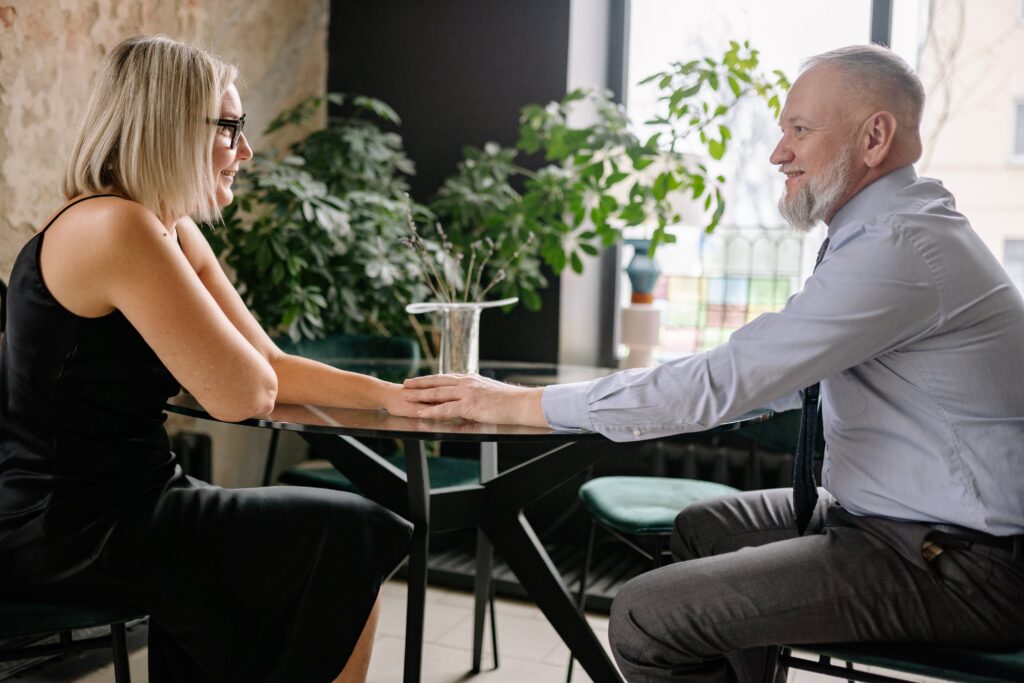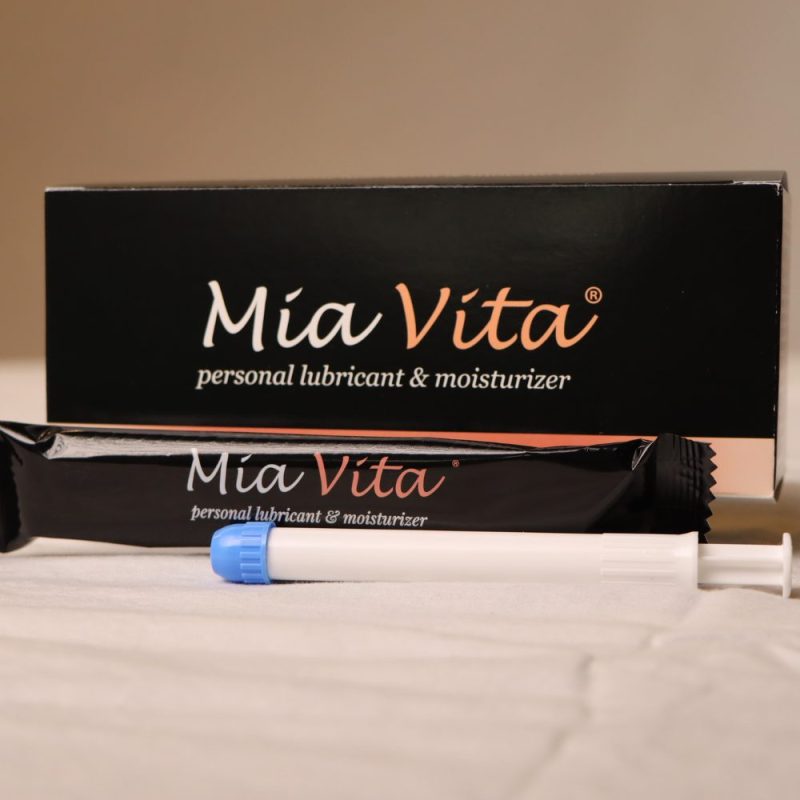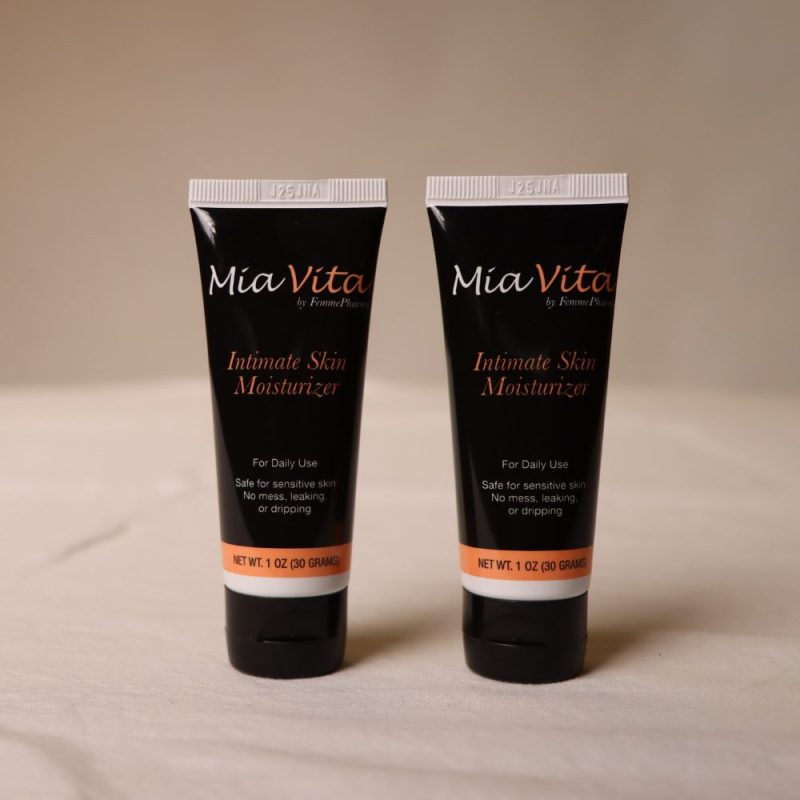Relationships have historically evolved to reflect the changing needs, values and cultural influence of the era. Most recently, after the COVID pandemic hit the globe, we are seeing a rise in humans wanting to have more freedom and agency within their relationships. People want to define connections on their terms, to be given room to discover what they want and need, to learn about alternative relationship styles on their terms, and to determine what feels exciting (and what doesn’t).
The world of polyamory, swinging/partner sharing, and ethical non-monogamy (ENM) (to name just a few) existed ages before the pandemic, but as of late, there’s a spotlight on these relationship options and at a record level. Those engaging in alternative relationships purposefully and intentionally often describe feeling a greater sense of freedom and fulfilment than those in more traditionally defined relationships. People self-report that the high level of communication required to maintain healthy connections leads to deeper levels of self-awareness, intimacy, and connection. In my private practice, I have guided many couples through their transition to an alternative relationship, and I believe success is rooted in part to the art of exercising agency within a relationship.
Opening a relationship beyond monogamy is a hard “no” for some people, intriguing but mysterious to others, and a resounding “yes” for many. This blog aims to help individuals and couples begin the exploratory phase of alternative relationships. Even with the rise of people interested in this dynamic and type of relationship, we don’t have a societal script for how to explore these ideas, nor a how-to guide for talking about them with your partner. Let’s dive in.
What is an open relationship?
There are different definitions depending on the relationship agreements and needs of each individual, but in general, an open relationship is one in which both partners have decided to have the option to explore relationships with others. These relationships can be sexual and/or romantic, long-term or short-term, intimate or casual – the parameters are endless. Some relationships include external relationships within the primary relationship, whereas some couples do not intermingle the non-primary relationships with the primary one. There are many variations and they’re all possible when rooted in agency.
What’s polyamory?
Polyamory, meaning “many love” in Latin, means having more than one intimate relationship simultaneously. This can be a group relationship or marriage, a community, or a lifestyle. Some see polyamory as a hierarchical structure with a primary relationship that has premier status and priority, while others see it as non-hierarchical and that each partnership has equal weight.
What’s ethical non-monogamy?
Also known as ENM, those who practice ENM can be involved romantically and/or sexually with multiple people, all of whom are aware of and consent to a variation of dating/sexual connection/having a romantic connection with multiple people.
What’s swinging or partner swapping?
Having consensual and transparent sexual activities with singles, couples or groups. Couples may be sexual with the same person together, may switch partners with another couple, or have casual social sexual connections. Like with all other alternative relationships, the intensity of the sexual connection varies.
Important to consider prior to exploration
Transitioning into a non-monogamous relationship requires trust, vulnerability, self-awareness and authentic communication. Honesty and knowing the truth of one’s self are foundational aspects that must be present to begin exploring any of these relationships.
If you are considering exploring opening a relationship you must be honest about: your emotional and sexual interests and needs; your boundaries for yourself; your desired boundaries for additional partners; and your desired boundaries for your partner if you have one. To be honest about these things, you must first know yourself intimately. Knowing yourself isn’t a one-time endeavor – it is something that requires reassessment frequently, as well as returning to your insights and questions to find deeper levels of knowledge as you explore more about yourself. To be truly honest, you need to release conventional messaging and years of cultural conditioning, and invite in an air of curiosity and an understanding that this is a process and journey not to be rushed.
The best case scenario is that you know yourself, your partner knows themselves, you have a relationship built on honesty and open communication, and you both can regulate your emotions (and reactions) consistently. You are signing up for a deep and intimate knowing of your partner, and there will be bumps in the road. What is necessary to ride this road together is safety. Safety is a necessity when exploring the idea of an open relationship. Emotional safety leads to vulnerability, intimacy, and authenticity and if that is what you’re seeking as individuals and as a couple, there are a few questions to ask yourself:
- Are you interested in and do you have the skill level to rewrite societal scripts about relationships, commitment, and communication?
- Do you have an idea where you want to head in the rewriting process?
- Are you interested in this because your relationship needs something to be fixed?
- Do you know why you are interested in an alternative relationship?
- Do you know what your options are in opening the relationship? Individually and as a couple?
- Does this idea feel like an ultimatum and a deal breaker for your relationship or something that you feel you both have a decision in?
- Do you think open relationships are the solution to infidelity or relationship dishonesty?
- Is your relationship in a healthy place currently?
How to have “the conversation” with your partner
After asking yourself the above questions, you may feel ready to approach the subject with your partner. Be discerning of the time, place, and capacity of both you and your partner. If your partner needs time to think over the topic individually before entering a discussion with you, make sure you have bandwidth and hold space for that. It’s important to recognize that everyone has different needs, perspectives, and opinions and they all deserve to be heard.
These are some of the most important things to consider and to communicate in this initial discussion:
- Invite your partner to a discussion about creating a relationship on your terms. Have the discussion together, making it clear this isn’t something you have decided, have acted on already, nor have someone specific in mind to open the relationship into.
- Explain your interest in opening your relationship and the benefits you wonder could be true for you both.
- Give examples of how you have trusted openness in your relationship already (maybe you both still talk to exes, perhaps you double date with former lovers, friendships with genders you could have as sexual partners, etc.). Many relationships have variations of emotional, physical and social closeness with others outside of their primary relationship.
- Have details of what you consider to be on the table for opening the relationship (your yums) and what feels outside of your interest (your yucks).
- Give space for your partner to process, to add their details, questions, needs, yucks and gums, and opinions.
- Assess the initial reaction for receptivity or resistance. Consider body language, tone, words, etc.
- Talk about ways to further educate yourself individually and as a couple – reading books, visiting chat rooms, and talking to people who are fulfilled by open relationships.
- Commit to learn more about the challenges and benefits to consider.
- Set a time to revisit the conversation and explore what each of you would need to move into a decision together.
You both should have your list of benefits and challenges to consider after this initial conversation. Some possible benefits to consider might be building friendships and lovers that enrich your life and social circles; experiencing variety and novelty within your life that may add vitality to your relationship; building relationship and sexual skills from exposure to others’ skills and interests; reducing the pressure for one person to meet your sexual, emotional, and relationship needs.
Some possible challenges to consider might be that more relationships require more time, relationship skills, and emotional bandwidth; navigating more complex emotions of your own, your partners and anyone entering into the open relationships; the possibility of one partner finding more ease dating or finding partners; the typical frustrations with dating and negotiating sexual relationships that occur when single may also arise within these additional relationships.
If you do indeed both agree to open your relationship, it’s important to continue on your individual and couple-led education and exploration. When you feel more fully educated and equipped, the next step is to focus on your individual and relationship goals, and to consider the following questions as a couple:
- What are your goals for the open relationship individually and as a couple?
- Do you have a clear image of what this looks like for you and the relationship? How do you want to feel?
- What are the whys to your yucks and yums?
- What do you need to continue to educate yourself (yourselves) on to feel ready to begin an open relationship?
- What are the vulnerabilities in your relationship?
- What are the strengths of your relationship?
- What feels sacred to your relationship?
How to write your new rules: guidelines, boundaries, and agreements
It’s important to note that rules should only be used as temporary guidelines to help with the transition. They need an expiration date and they need to be renegotiated periodically. Keep the conversation going and communication channels wide open. Below are helpful prompts for you to consider when writing and rewriting your new relationship regulations.
Sharing of your experiences
- What do you want to share with your partner regarding emotions, highs/lows of dating and sexual connections, relationship progression or ending?
- Do you want to hear details, vague information, or only information of note regarding other relationships?
- What information do you want to know about the identity and particulars of others in your partner’s life?
- What feels acceptable to share about each other with your new partners?
- Will you have a don’t ask/don’t share policy or a debriefing pattern?
Specificity of sex acts
- What sexual acts feel safe/yes, interesting but within certain parameters, questionable/contextual, absolutely no?
- What sex acts feel sacred to your partnership only?
- Do you feel comfortable with experimentation or trying new things with other partners?
- What sex acts need to be visited per relationship?
- What are the guidelines for safety and safer sex practices?
- What are your needs for STI testing for self, primary partner, and other sexual connections?
Emotional care
- How do you want to handle feelings of jealousy? Is that different from your usual response?
- How will you continue to foster honesty, vulnerability, and self-awareness practices?
- How will you want to handle emotional check-ins?
- Will you bring a therapist or coach in to support the process?
- Do you have an exit strategy if one or both of you want to pause or stop?
Other things to consider if you want to evolve your relationship
- Do you feel comfortable sharing that you are opening your relationship to others?
- Do you feel comfortable being open about dating or having sexual partners outside of the relationship?
- Is there an amount of money or time you both agree to spend on others or dates with others?
- Do either partner have ‘veto power’ over someone else?
- Is this a trial run with a specific timeline or a change of relationship philosophy?
- Can you date locally or do you want to have a distance from everyday life?
- Do you want to try a ‘soft launch’ like trying a sex club or go on dating apps meant for open relationships and start exploring together?
As you can see, being in a relationship brings up a lot of questions and requires a high level of communication, tolerance for uncertainty, ability to negotiate, and a need to keep up on self-reflection practices.
Some relationships try opening their relationship and discover one or both do not feel like it’s a fit for them or the relationship which can be challenging to navigate. It’s a necessity for this exploration to be rooted in the agency, with a deep knowing and active practicing of who you are and what you need – and a knowing that this can and most likely will change over time. The ability to close an open relationship must also be seen as an extension of the needs and wants of both parties – treated with the same care and questioning outlined above.
Whether you’re someone in an open relationship, considering or questioning, or completely averse, there are many ways one can deepen and expand an existing relationship using these guiding questions and considerations. When relationships are rooted in agency, with a level of care and intimacy, I have seen all different types of people, relationship styles, and rules succeed. It’s important to remember that there’s no right or wrong way to relate, and that you and your partner(s) have the power to write the parameters of a life you love and are fulfilled by, for every one of you.
Meet the Expert!
Dr. Juliana Hauser is a licensed couples and family therapist and licensed professional counselor. She is an expert when it comes to relationships, sex, and sexuality, and how they all holistically intertwine to make up the core of who we are. Dr. Juliana supports clients through her online private practice and exclusive courses, is a favorite of national media outlets, and is proud to consult with forward-thinking companies in the sex / sexuality sphere. Dr. Juliana serves as Content Counsel for FemmePharma, working to spread knowledge, information, and access to resources for those in the menopausal stages of their lives. If you’re seeking additional support through this stage in your life, or in any stage of life where sex, sexuality, and relationships intersect (hint: all of them), don’t hesitate to contact Dr. Juliana for a consultation.
FemmePharma has been helping women navigate menopause for over two decades. No matter where you are in your journey, you deserve to have knowledgeable, intimate healthcare partners to help you feel your best. Explore our other articles, podcast episodes with women’s health experts, and products to ease your transition into menopause.



